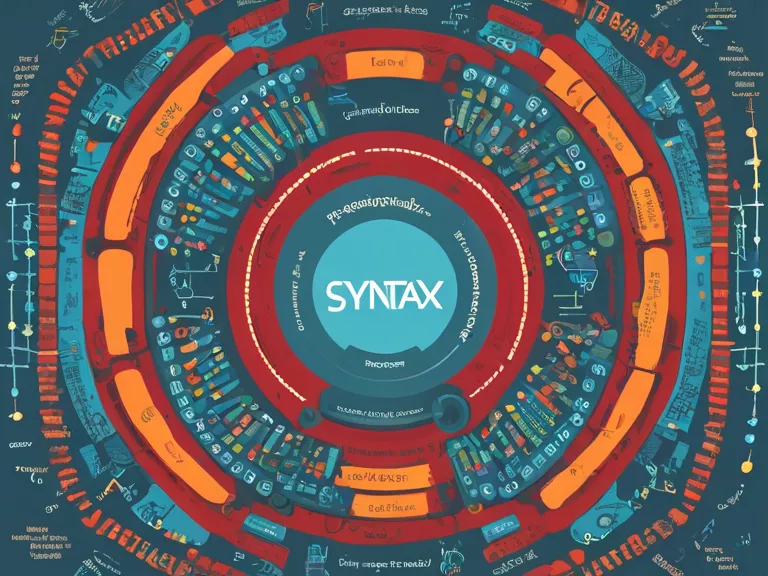
Introduction
In the world of software development, choosing the right programming language can have a significant impact on code performance. The efficiency and speed of a program can vary greatly depending on the language used to write it. In this article, we will explore how different programming languages can affect the performance of your code and provide insights into making informed choices for better optimization.
Factors Affecting Code Performance
Execution Speed: The speed at which a program can run is a critical factor in code performance. Some languages are inherently faster than others due to their design and implementation.
Memory Management: The way a programming language handles memory allocation and deallocation can impact the efficiency of the code. Languages with efficient memory management can lead to better performance.
Concurrency Support: Languages that support concurrency and parallelism can take advantage of multi-core processors and improve performance by executing tasks simultaneously.
Optimization Techniques: Some programming languages provide built-in optimization features, such as compiler optimizations or Just-In-Time (JIT) compilation, which can enhance code performance.
Impact of Programming Language Choices
Compiled vs. Interpreted Languages: Compiled languages like C and C++ tend to offer better performance compared to interpreted languages like Python or JavaScript. This is because compiled languages are translated directly into machine code, while interpreted languages are executed line by line.
Static vs. Dynamic Typing: Languages with static typing, such as Java or C#, can catch errors at compile time and optimize code more effectively. Dynamic typing, as seen in languages like Python or Ruby, can lead to performance overhead due to runtime type checking.
Functional vs. Object-Oriented Programming: Functional programming languages like Haskell or Scala often emphasize immutability and pure functions, which can lead to better optimization opportunities. Object-oriented languages like Java or C++ may have more overhead due to object creation and method calls.
Best Practices for Code Optimization
Profile Your Code: Use profiling tools to identify performance bottlenecks in your code and focus on optimizing the critical sections.
Choose the Right Data Structures and Algorithms: Utilize data structures and algorithms that are well-suited to the problem at hand to improve code efficiency.
Avoid Premature Optimization: Focus on writing clean and maintainable code first, and optimize only when necessary based on performance metrics.
Conclusion
The choice of programming language plays a crucial role in determining the performance of your code. By understanding the impact of different language features and considering optimization techniques, developers can make informed decisions to enhance code performance. Remember that there is no one-size-fits-all solution, and it's essential to weigh the trade-offs between speed, memory usage, and development time when selecting a programming language for a project.

